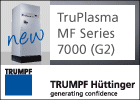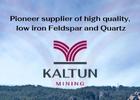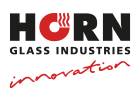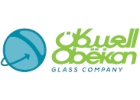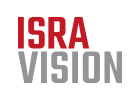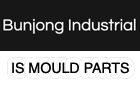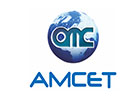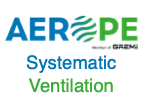The analysis found that product from the most popular wine-making regions (New Zealand, Chile, Argentina, South Africa), could reduce its shipping carbon footprint by over 50% if it was transported to the UK in bulk, rather than in bottles.
Bulk shipping wine means that beverages are transported in larger quantities, rather than in pre-filled bottles on palettes. This means that around three times the amount of wine can be shipped in the same journey.
The study by Carbon Intelligence compared using bulk shipping and Encirc’s unique 360 service, against bringing wine into the UK using traditional methods in bottles. It examined the transportation emissions of six wine shipping lanes, factoring in the products’ transport mode, means, load factor and distance travelled. Bottling emissions were then estimated for traditional and a highly-efficient UK bottling scenario like Encirc’s, then combined with the corresponding transportation emissions.
The results suggest that bulk shipping is able to halve the transport carbon footprint during the transportation of wine coming from New Zealand. For Encirc’s customers, the study found that replacing bottled with bulk-shipped wine could reduce their shipping carbon footprint by 31,000 tonnes CO2e per year.
The analysis comes on the back of Vidrala’s announcement of its new Science-Based Targets, made to help prevent the planet’s temperature from rising more than 1.5°C compared to pre-industrial levels.
Encirc’s 360 service will be key to helping it meet these ambitious climate goals and is increasing its filling capacity by around 75%. Its holistic 360 service allows its world-leading customers to have their beverage products filled, stored and shipped from one location.
Mark Holmes, General Manager, Vidrala said “Encirc’s 360 service will be key to helping it meet these ambitious climate goals and is increasing its wine filling capacity by around 75 million litres per annum”.




